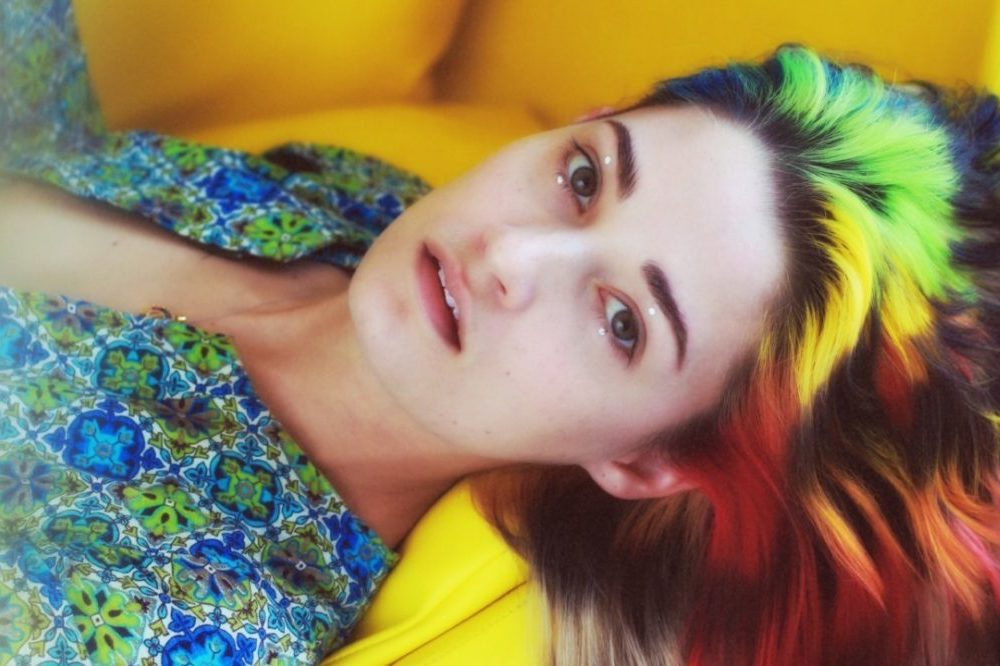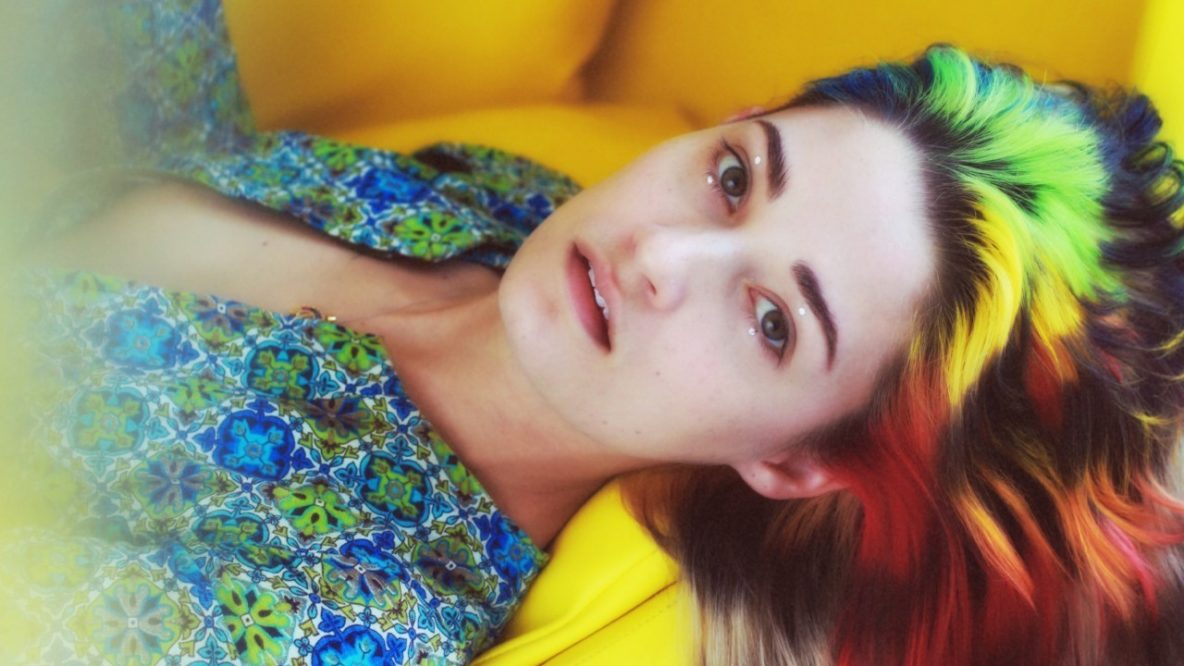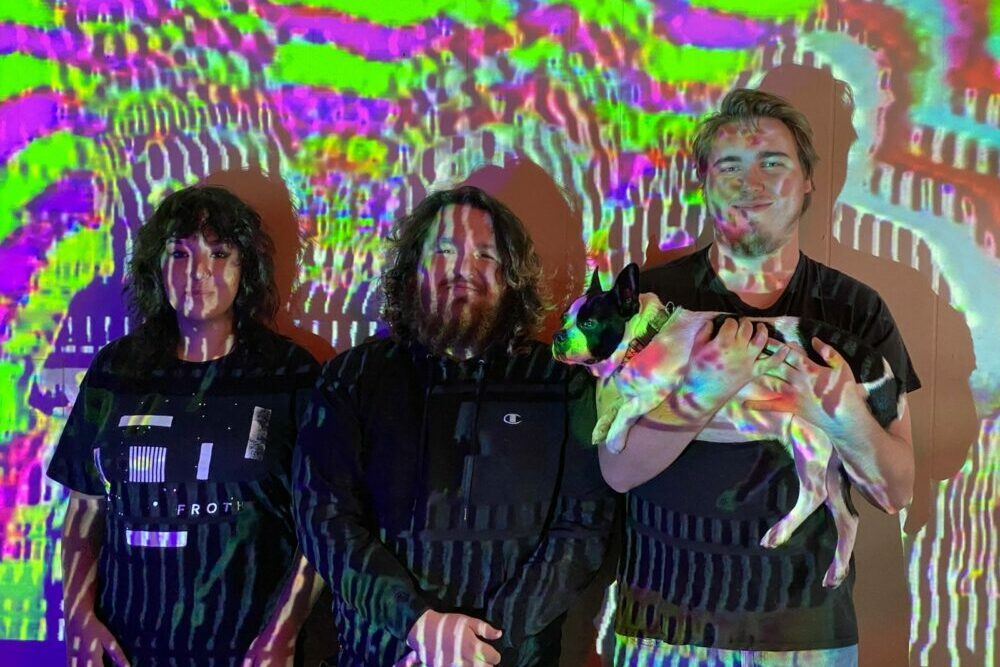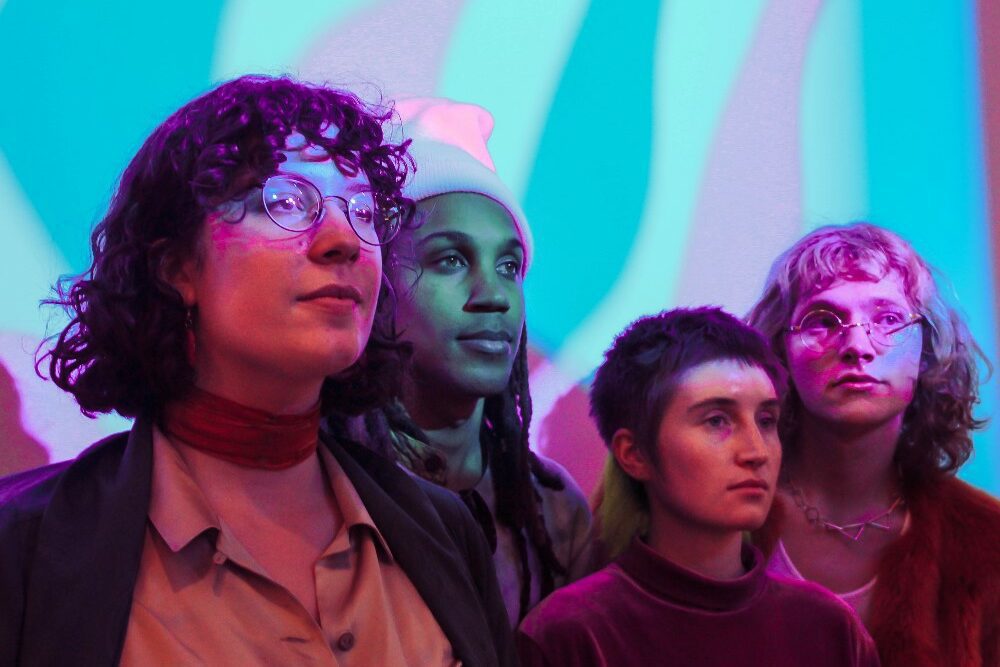REVIEW: Lauren Ruth Ward Burns Hot on Vol. II


Lauren Ruth Ward spits fire. She always has. Her vocal lashes are cut from a Janis Joplin cloth, and her configurations are nearly as gutsy, raw, and unruly. Ward’s second album, Vol. II, is a real soul-shocker of a collection ─ she douses musical gasoline all over the place, lights a match, and lets it all go up in flames. The trail she blazes is personal, hyper-political, and indebted to queer womanhood.
But who the fuck is Lauren Ruth Ward?
She’s a reckless rabble-rouser who scavenges humanity’s stunning misery and collects the damages as trinkets. Her work to-date ─ including 2016’s self-titled EP and 2018’s Well, Hell ─ shoots from the hip with an Annie Oakley precision, a western drawn that makes her tough as nails and seemingly unconquerable.
A Los Angeles transplant, by way of Baltimore, Ward smacks away any conventions and all expectations. Her 2018 release led to signing with Weekday Records, under the Sony umbrella, but when the indie label folded in late 2018, she was left with three songs in her arsenal, among them her punky “Valhalla” opener. It’s a bespeckled setpiece that strains past traumas out of her bone marrow. “I ate shit on the walk of fame,” she chews and spits onto hardened rock chords.
Her endurance as a storyteller shows up in delightful and bright spades, and she transports the listener into a purgatory filtered through an enlightened state of being. “Most times, I feel like a bat out of hell / They refer to me as a firecracker / I’m living in my personal hell / I don’t need your ammunition,” she splits her tongue with “Water Sign.” She doesn’t need your pity or senseless descriptors; rather, she welcomes your understanding and empathy.
“Real Life for the Most Part” spills from her lips as a psych-rock wonderland, and her vocal, blissfully hypnotic and savage, sparkles as one of her crown jewels. She snapshots our inescapably catastrophic existence: “Don’t blame me, I’m a bastard / Baby-Boomer plastic / You know I’ve never asked for this / To be born so tragic.”
Ward swerves unexpectedly with back-to-back campfire confessionals. “Friendly Fire” crackles with glowing embers, eventually dying out, and “Goddess” worms through the greying charcoal and ash to rediscover life. “A true shine like when Vali speaks her mind / You’re the goddess in my shrine, divine,” she whispers on the latter, a striking work of beauty. Drums pitter-patter in fanciful routines, and when the song cracks open, her voice slowly rising into the heavens, there remains an earthy, mystical quality.
With Vol. II, Ward ropes together a superstar lineup of collaborators. She penned every poison-laced lyric, and musician Eduardo Riviera composed and arranged the guitar parts. Together, they co-produced the entire record, alongside producing contributions from David Davis, Claire Morison, Andrew Martin, Matt Linesch. You’d expected the many hands in the pot to result in an uneven, drastically varied collection, but that is simply not the case. The album feels whole, and each part grinds as cogs in a machine, pushing forward to a common creative goal.
“Must Be Nice” is Ward’s artistic pinnacle here, an apt closer to leave the listener in absolute awe. Her fangs are newly-sharpened, and she chomps hard on an epic takedown of the patriarchy. Clocking in just under five minutes, she sums up the annoyance, the rage, and the hurt that stems from straight white men giving little concern for anyone else outside of limp platitudes. “Must be nice to be able to choose what is best for me and more importantly what’s best for you,” she sings, aiming her throaty vocal cords right at the serpent’s head.
She leans forward even more, and her gaze grows increasingly penetrating with each brimstone stanza. “I said, it must be nice to be assured and calm / You walk right into the room / Everybody takes a seat in your palm / Not me, babe.”
Everything boils over and leads to this knockout covenant: “Female is the future.”
Lauren Ruth Ward is the voice we need in 2020. Vol. II confirms her willingness to confront not only herself but the world ─ slicing through archaic beliefs and traditions, past traumas, and the current sociopolitical hellscape to honor the marginalized and bestow upon the most tired her own tremendous strength.




